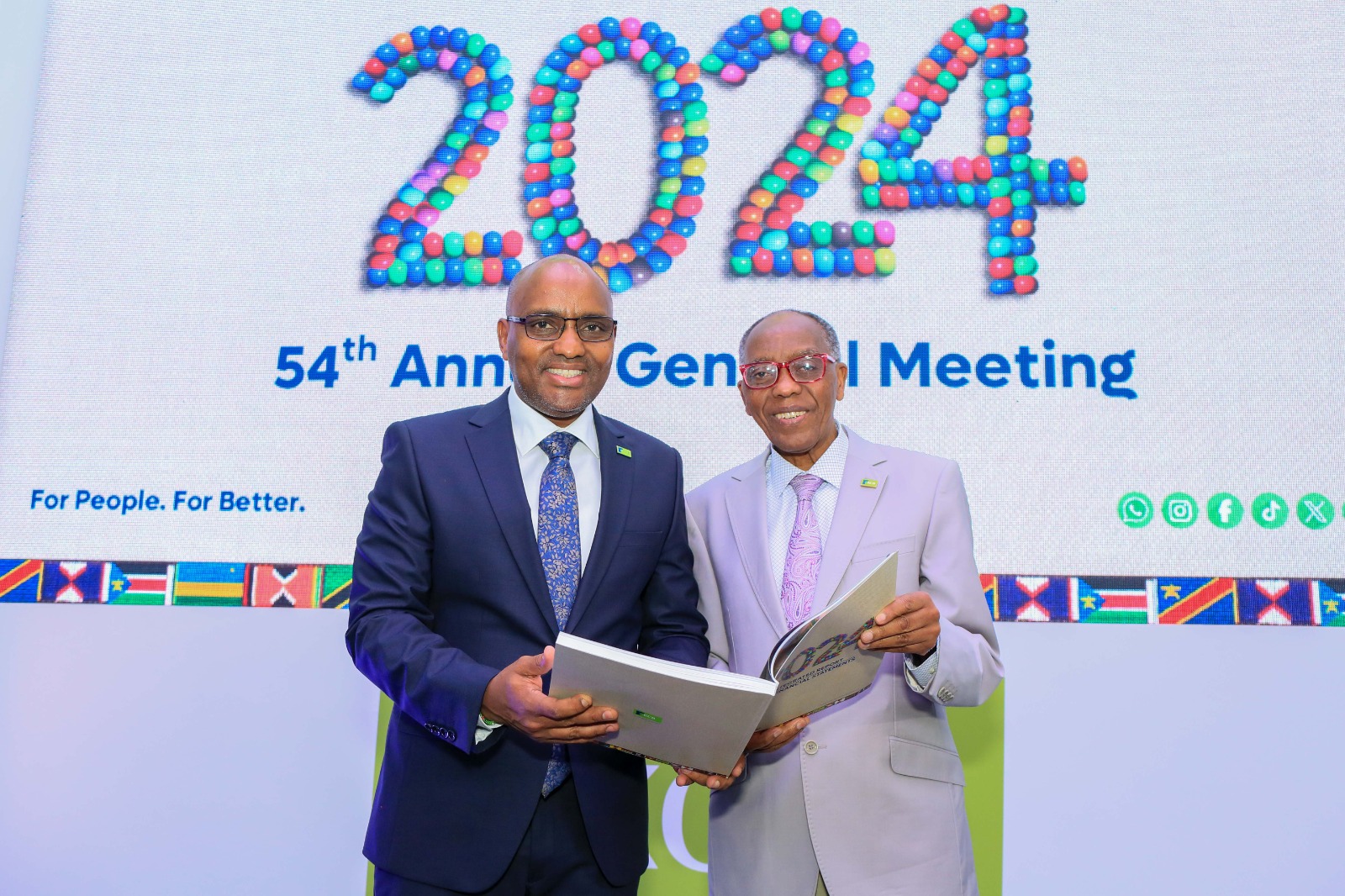

KCB Group PLC reported a profit after tax of Sh47.3 billion for the nine months ended September 2025, driven by high deposits, growing loan uptake, and lower general management costs.
The results represent a 3.3 per cent growth in net earnings compared to Sh45.8 billion posted in the corresponding quarter last year.
Meanwhile, Absa Bank Kenya’s net earnings for the first nine months of the year rose by 15 per cent to Sh16.9 billion.
Absa's expanded revenue stream, highlighted by an 11 per cent surge in non-interest income, reaching Sh13.6 billion, fuelled the growth.
KCB's balance sheet grew further by three per cent to hit Sh2.04 trillion, despite the sale of National Bank of Kenya (NBK) in May 2025. This saw it maintain its position as the biggest bank in East and Central Africa.
The sale of 100 per cent of the issued shares in NBK to Access Bank was concluded in May.
On a like-for-like basis, the balance sheet grew by 10.9 per cent, illustrating the strong bandwidth to serve clients across seven countries.
Subsidiaries excluding KCB Bank Kenya contributed 35 per cent of the Group’s gross earnings and 31.3 per cent of the total balance sheet.
The three non-banking subsidiaries also contributed significantly to the overall performance —KCB Bancassurance Intermediary (Sh833 million – 16 per cent growth), KCB Investment Bank (Sh230 million – 90 growth), and KCB Asset Management (Sh118 million – 71 per cent growth).
KCB Group managing director, Paul Russo, attributed the growth to the lender’s resilience.
“We have delivered a strong performance showing the resilience of the Group,” Russo said.
The stock of gross loans and advances rose by seven per cent to Sh1.24 trillion, with the bank deliberately focusing on key economic drivers such as building and construction, agriculture, manufacturing, energy and water.
Total revenue grew 4.5 percent to Sh149.4 billion, driven by an increase in net interest income, which rose 12.4 percent to Sh104.3 billion. Non-interest income closed the period at Sh45.1 billion.
Total costs were well-managed, growing by 2 percent, which is below the prevailing inflation rate. This helped bring down the cost-to-income ratio to 46.2 per cent from 47.4 per cent last year.
The Group maintained a stable deposit franchise across all markets, closing the nine months at Sh1.52 trillion with a stable deposit mix.
Its core capital as a proportion of total risk-weighted assets stood at 17 per cent against the statutory minimum of 10.5 per cent, while the total capital to total risk-weighted assets ratio was at 19.6 per cent against a regulatory minimum of 14.5 per cent per cent.
The Group’s liquidity ratio was 46.7 per cent, with shareholders gaining a Return on Equity (ROAE) of 21.6 per cent. Total equity attributable to KCB Group PLC shareholders stood at Sh308.5 billion.
Absa's increase is attributed to successful diversification into new business lines.
Despite the overall positive performance, the bank’s total revenues for the third quarter period held steady at Sh46.6 billion, reflecting a challenging operating environment characterised by a compressed rates landscape.
Consequently, Net Interest Income experienced a five percent drop to Sh33 billion.
Absa Bank Kenya PLC managing director, Abdi Mohamed, said that the performance demonstrates significant progress in executing the bank’s strategic aspirations while effectively navigating the operating landscape.
This has been achieved through the provision of financial and non-financial resources to our customers, availing the requisite support to attain their ambitions,” Mohamed said.


















